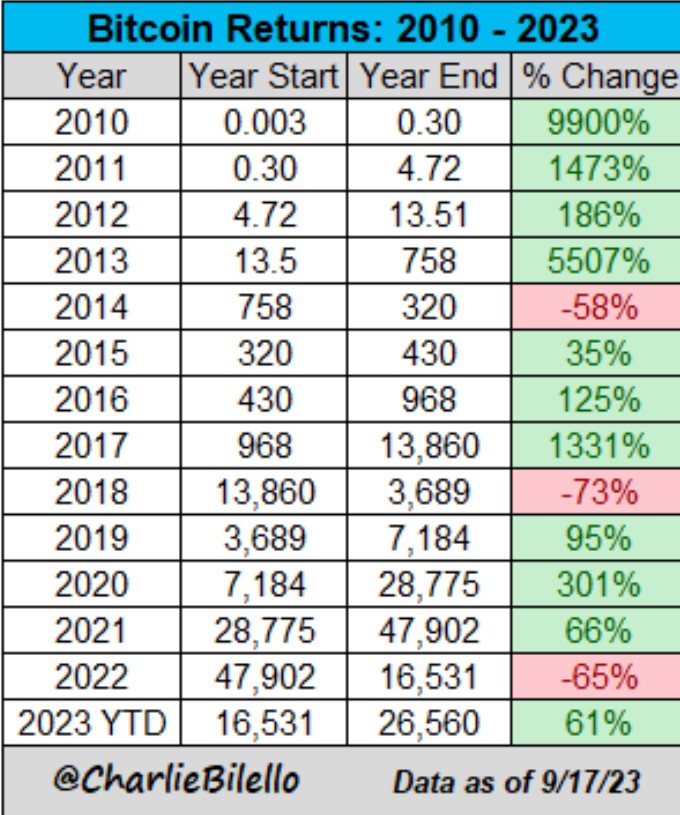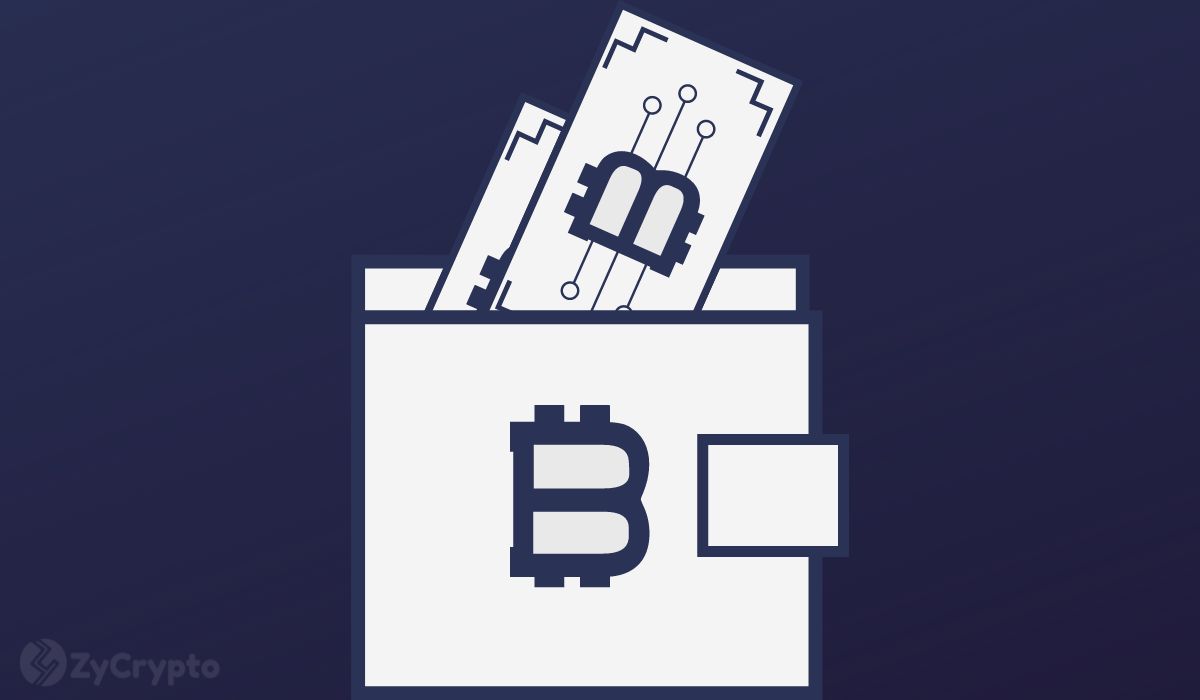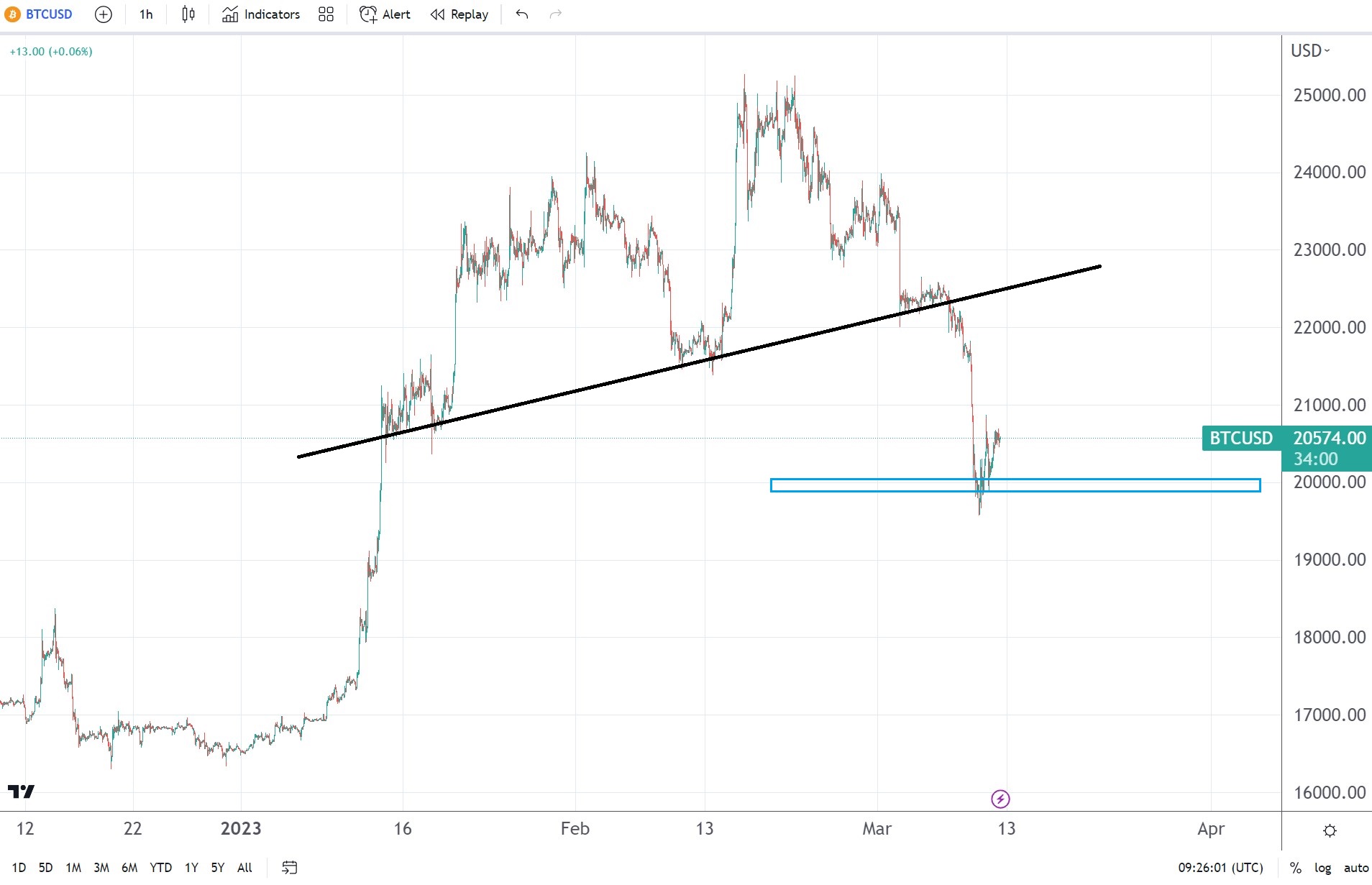2020-11-18 23:54 |
Watch the full session from Ripple Swell Global 2020 today.
More than 10 years has passed since the launch of Bitcoin, but the cryptocurrency industry remains largely the preserve of blockchain enthusiasts and fintech startups. The reason why mainstream financial institutions have yet to fully embrace the potential of digital assets is clear to the European Commission’s Advisor for Digital Innovation.
Taking part in a panel discussion on regulation at Swell 2020 – the annual gathering of the world’s trusted leaders in financial services and blockchain technology – Peter Kerstens said:
“Regulated financial instruments tend to attract regulated financial institutions. The lack of a regulatory framework is, in my view, one of the reasons why we haven’t seen a further development of this.”
One country that is making progress on regulation is South Africa. But as a Special Advisor to its Central Bank, Angela Itzikowitz acknowledged to the panel, figuring out how crypto fits with existing financial legislation is extremely challenging.
“First we had to consider: was is it just a question of new wine in old bottles or should we go back to the drawing board?” she recalled. “Most of our legislation regulating assets or securities…requires a central issuer [which] is missing in the token or crypto space. A token can [also] change its nature. It may start out as a utility token, but during the course of its lifetime become a security token. So how do you regulate it?”
Speaking from Washington DC, the Blockchain Association’s Executive Director Kristen Smith agreed that the changing nature of tokens contributed to the lack of an overarching regulatory framework for crypto assets in the US. But she noted that the country’s policymakers are finally catching up.
“This is an ecosystem that has been evolving so quickly and there are so many different uses of the technology,” explained Kristen. “As awareness and understanding of these different types of crypto assets is moving forwards, we’re starting to see some changes. We have a way to go here in the US, but… a couple of bills have been introduced recently that aim to distinguish between these different categories.”
The European Commission is also developing an understanding of crypto’s value, especially in the power of next generation payments systems to promote greater financial inclusion. The regulations proposed by Peter Kerstens and his team are aimed at fostering this kind of innovation.
“Rather than apply our legislation in a negative way to ban activities,” he explained, “[we want] to create a regulatory framework that enables [innovation], but of course also…ensure market integrity, financial stability, and investor protection.”
All the panelists feel that true legitimacy for crypto assets will come when Central Banks release their own digital currencies. Angela Itzikowitz is currently advising South Africa’s Central Bank on what it needs to do to issue a digital rand. By contrast, Kristen Smith felt that the US is a long way off having a digital dollar. But as the panel’s moderator, Accenture’s Ousemene Mandeng, suggested, the introduction of any Central Bank Digital Currency (CBDC) could have a profound impact on the industry.
“Central banks that are now moving into the tokenized world with the possible adoption of CBDC…could change perceptions…it will lend a credibility and legitimacy to this space…I’m very enthusiastic.”
Interested in learning more? Watch the full session from Swell 2020 today.
The post Examining the Regulatory Outlook for Digital Assets appeared first on Ripple.
origin »Bitcoin price in Telegram @btc_price_every_hour
Bitcoin (BTC) на Currencies.ru
|
|






















